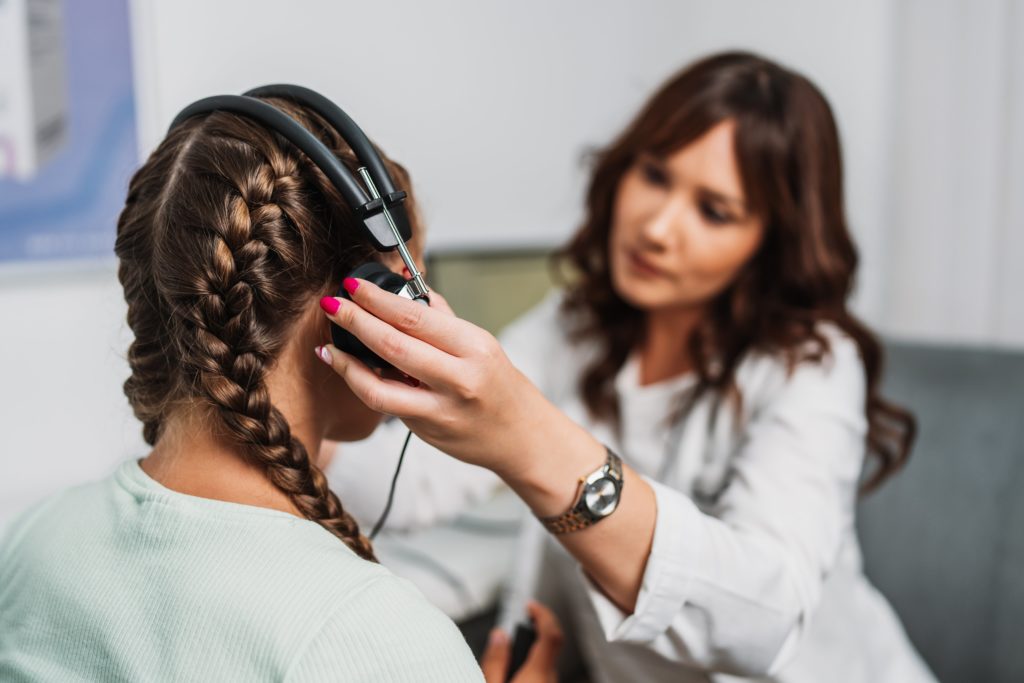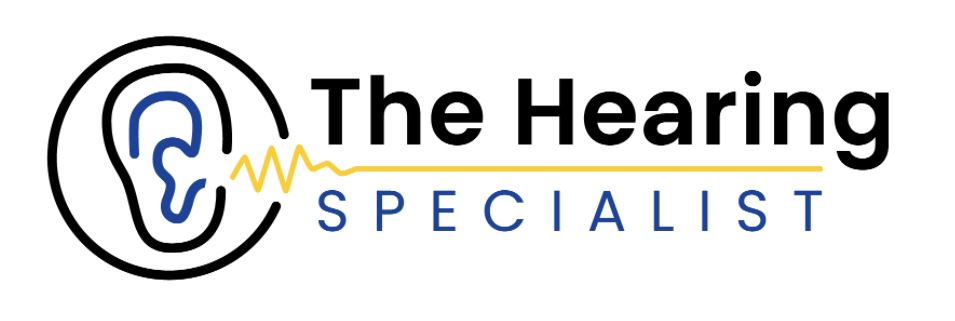New hearing aid users often misunderstand the lifetime of hearing aids. Their lifespan varies depending on what type of hearing aid you have, but there are solutions to enhance their lifetime.
In today’s article, we will be diving into how long hearing aids last, and provide you with tips on expanding their lifespan.
Understanding hearing aid lifespan
“What is the typical lifespan for hearing aids?” Well, it’s important to clarify that their duration depends on various factors. Typically, standard behind-the-ear (BTE) and receiver-in-canal (RIC) tend to have longer lifespans compared to in-the-ear (ITE) models. On average, BTE, RIC, and ITE hearing aids are designed to last between 3 to 7 years. BTE and RIC will reach the upper end of the 5-7 range; whereas, ITE will last around 3-5 years.
This is due to several design and functional factors. For example, BTE and RIC hearing aids are larger and sit behind the ear, which means they are less exposed to earwax, moisture, and other environmental factors that can affect delicate electronic components. ITE hearing aids, on the other hand, are custom-fitted to sit inside the ear canal, making them more susceptible to these factors.
Furthermore, a crucial factor that contributes to the lifespan of any type of hearing aid is the technology used. The tech used is constantly evolving; therefore, older models will struggle to last longer than newer versions. In addition, quality and brand play an important role in this too. A reputable manufacturer’s hearing aids can influence durability. If the manufacturer has a top reputation, their devices will likely be more reliable and made of the highest quality components.

Tips for extending hearing aid lifespan
Now you’re aware of a hearing aid’s lifespan, the next subject you need to know is how you can extend it. There are many avenues you can take to increase the longevity of your hearing aids. Today, we will give you four that are easy to implement.
Regular cleaning & maintenance
Regular cleaning and maintenance is perhaps the most critical aspect of increasing your hearing aid lifespan. You must clean them regularly but with the correct equipment. For example, use a soft, dry cloth to wipe down your hearing aids to remove any moisture, earwax, or debris. Next, use a specialised hearing aid brush or a small, soft brush to clean the microphones, receivers, and vents. Finally, make sure to avoid liquids! Never use water or cleaning solutions to clean your hearing aids, as moisture can damage the delicate electronics. Instead, use a dry cloth or a hearing aid-specific cleaning tool as we’ve previously mentioned.
Handle with care
You should always handle your hearing aids with care. Do simple tasks such as always keeping your hands clean and dry when you handle them. It may sound simple enough but it is very effective! It will prevent transferring dirt, oils, or moisture to your hearing aids. Next, try your best to avoid dropping them. Accidental drops can cause potential issues for your hearing aids, so you must handle them over a soft surface to minimise the risk of accidentally dropping them.
Battery care
Replacing your batteries properly is a must to extend your hearing aids lifespan. When changing batteries, make sure to follow the correct polarity and avoid leaving dead batteries inside the device, as leaking batteries can cause damage. Also, make sure you invest in high-quality batteries from top brands to ensure a consistent performance.
Storage & Protection
Finally, storing and protecting your hearing aids can increase the longevity of your hearing aids. Using a protective case is a great way of shielding them from dust, dirt, and accidental damage. In addition, turning them off when they’re not in use can conserve battery life too. Again, it’s a simple thing to do, but one that’s overlooked frequently.

When to consider a replacement
Whilst you can extend the battery life of a hearing aid, unfortunately, they won’t last forever. You will need to replace them, but ‘at what point will I have to?’ I hear you ask. Well, the first sign is the device will decrease in performance. If your hearing aids are becoming distorted, unclear, or too soft, it could be a sign that your hearing aids are no longer functioning at their best. In addition, if you’re struggling to hear conversations in noisy environments, even with adjustments, can be a sign that your hearing aids are no longer meeting your needs. Even a well-maintained hearing aid will drop in performance after a certain time.
Moreover, hearing technology is advancing quicker than ever. If your current hearing aids are several years old, there is a good chance they will decrease quicker than you realise. If you fall into this category then don’t panic, as there are newer models with advanced features that can improve your hearing. Here at The Hearing Specialist, we have a huge range of premium hearing aids to suit all different lifestyles and budgets. Our hearing aid range features some of the biggest names in hearing including Bernafon, Widex and Signia.
Finally, the decision to replace your hearing aids will ultimately be made in consultation with your audiologist. They will assess your hearing capabilities, evaluate your current hearing aids, and recommend the best course of action based on your circumstances. Regular consultations with your audiologist will ensure you’re always using the most appropriate and effective hearing aids for your specific needs.
We hope you enjoyed reading our latest article on how long hearing aids last. If you’ve found it insightful, let us know by reaching out to our friendly team today.
Alternatively, if you’re looking to purchase new hearing aids of the highest quality, then look no further than us at The Hearing Specialist. We can provide you with the technology that will meet your requirements. Interested? Contact our team today to learn more.




